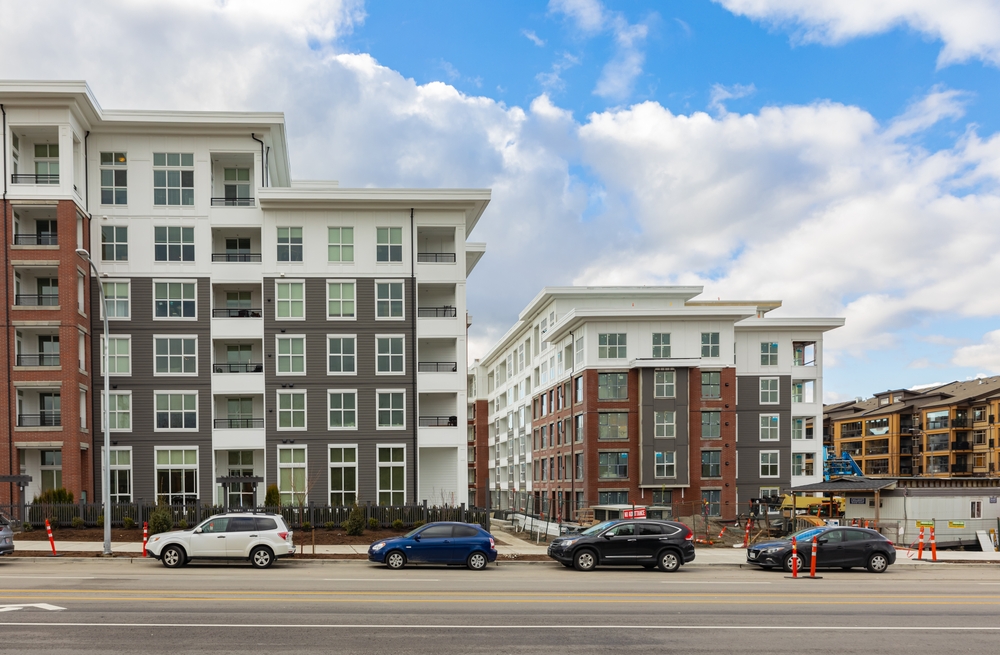We’ve developed 17 normative principles that will guide our immigration policy recommendations in 2020. Here they are. <THREAD> niskanencenter.org/principles-of-…
1). Effective enforcement of immigration law must take into account the incentives that drive undocumented immigration.
(Since the ability to work is one of the main incentives, increasing work visas and creating a reliable system that allows employers to confirm legal eligibility should be a priority.)
2). Federal immigration enforcement should prioritize people charged with serious crimes and those who have recently committed an immigration violation. 

3). Border security and interior enforcement should be cost-effective, utilize cutting-edge technology, and be minimally invasive to commerce, legal immigration, and civil liberties. Get the “why” from our State of the Border Report: niskanencenter.org/wp-content/upl… 

4). There should be a path to earned legal status for undocumented immigrants without a serious criminal record who have lived in the U.S. for more than 10 years, and who were brought to the U.S. as children.
5). We must have an admission policy that targets immigrants who can facilitate productivity-associated growth.
6). Admissions policies should seek to capitalize on the labor supply and skills immigrants can contribute to the American economic engine in order to increase U.S. output.
As @tiger_speak demonstrates, the U.S. health care system is just one area facing talent shortages: niskanencenter.org/foreign-doctor…
@tiger_speak 7). Admissions policies should provide humanitarian relief. We have a tradition of offering refuge to those escaping war, oppression, and persecution, and we’ve committed ourselves to that tradition via domestic law and international obligations.
Take our refugee program: Presidents, including Ronald Reagan, supported resettlement for humanitarian/natl security reasons. By admitting refugees and asylum seekers from enemy regimes, the U.S. was allowing people to “vote with their feet” in favor of living in the West.
8). The United States should remain a place of opportunity for those who want to build a better life for themselves and their families.
9). Our immigration system should be family-friendly and treat immediate families as the fundamental units of immigration.
(A family-friendly system might offer protections to children of immigrants who can age out of our present system, or to spouses who are currently denied the rights of their primary immigrant partners in some cases). #H4 #H4EAB #HB1
niskanencenter.org/dhs-h4/
niskanencenter.org/dhs-h4/
10). Immigration policy should be nimble and responsive to global trends.
11). The rights of Americans and migrants turn on reliable due process. Denying citizens due process not only threatens their inherent rights, it also threatens America’s commitment to the rule of law.
12). Immigration petitions must be adjudicated predictably and in a timely manner.
13). Some guest workers should regularly have the right to naturalize. A temporary guest worker program that is parallel to a program that allows for eventual naturalization is one way to accomplish this.
14). The immigration system should facilitate and encourage integration.
15). Immigration should be a net fiscal benefit to the United States. We’re not playing a zero-sum game. See this analysis of #Refugee contributions by @NatImmForum immigrationforum.org/article/immigr…
16). American world leadership must cooperate with allies and partners to address global challenges like immigration.
17). The immigration system can and should be a win-win for workers, businesses, and immigrants alike.
We firmly believe that the U.S. immigration system is capable of adhering to these principles with smart advocacy and the right reforms, despite its current state. Stay tuned for specific policy proposals for 2020.
We look forward to partnering with other organizations and individuals who share this vision in the coming year. (Special thanks to @kdpindc, @JeremyLNeufeld, and @MLaCorte_ for solidifying these principles). niskanencenter.org/principles-of-…
• • •
Missing some Tweet in this thread? You can try to
force a refresh












